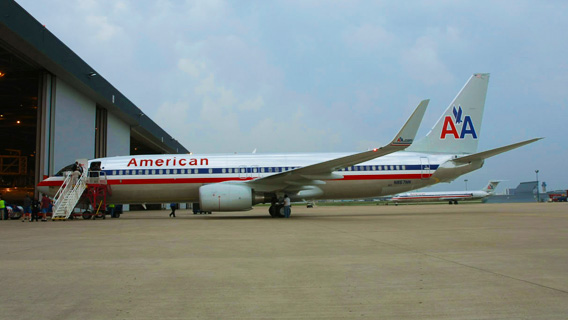Last year Airbus announced its plans to revamp its best selling A320 family of planes by fitting with new engine option (neo). Airbus touted the neo as 15% more fuel efficient over current models with less noise and fewer greenhouse gas emissions. Boeing dismissed the neo by calling it a mere catch-up play by its European rival with is newer versions of 737. Boeing said that it would announce the plans for a replacement/upgrade for the 737 program by end of 2011. Is it too late? Did Boeing blow the chance to win new orders by delaying its plans? Yes and No.
First shock came during the 2011 Paris Air Show, where Airbus raked up 667 orders (not options) for A320 neo planes against just 68 orders for the B737. Since the announcement of the launch of A320 neo last year, Airbus secured more than 1000 orders for this family.
The success of the neo caught Boeing by surprise. The final blow came when reports suggested that American Airlines is seriously considering an all-Airbus order of A320 neo.
With today’s announcement by American Airlines, Boeing was forced accept the market reality, by offering 737 with improved engine than designing an entirely new replacement.
All is not lost for Boeing. Even though Airbus has a leg up in the competition now, the market for narrowbody planes (100-200 seats capacity) is huge, with forecasts suggesting a need for 25000 planes in two decades. Boeing would definitely win enough orders to keep its production lines busy.
In the near future, large aircraft orders are expected from the fast growing Asian carriers. The US carriers are also forced to upgrade their aging fleet. My prediction is that Boeing would win enough orders to keep pace with its European rival.
But what would happen to the idea of developing an entirely new plane for replacing the B737 family? Boeing my put off the decision to build a new plane for the foreseeable future for few reasons: lessons from the big delay in delivering the B787 Dreamliner, the enormous cost ($12 billion by some analysts) of developing a new plane against upgrading it (just $1.5 billion), the airline industry’s preference for getting a better product sooner over a great product that would take years to develop and deliver.
